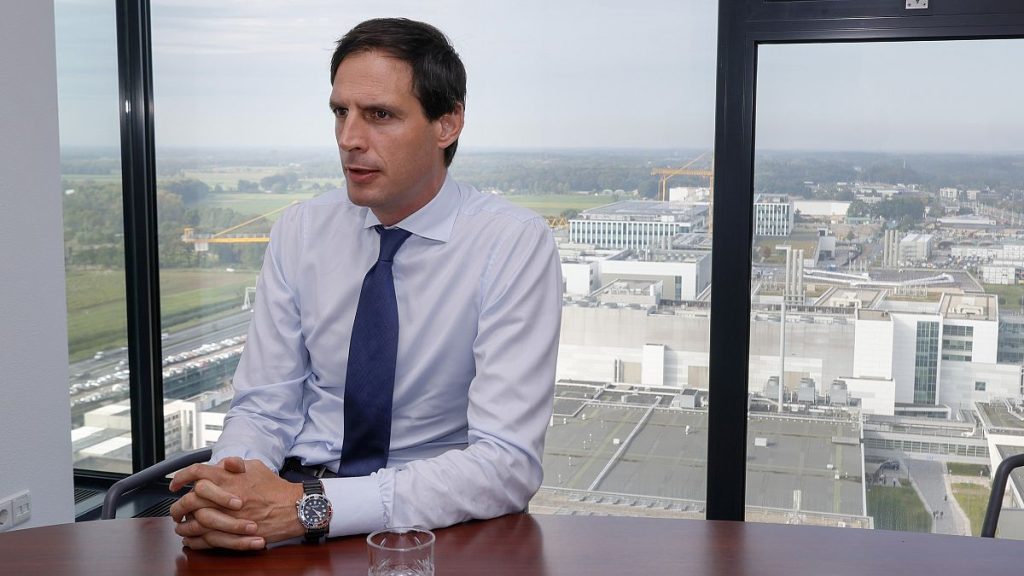Wopke Hoekstra, the EU’s climate commissioner, is advocating for tax changes to encourage Europeans to make greener choices in areas such as transport and heating. However, he faces opposition from national governments that have the power to veto such reforms. Despite this challenge, Hoekstra is determined to propose a 90% reduction in emissions by 2040 and believes that taxation can be a key tool in driving climate goals. He has been appointed as commissioner for climate and taxation in the EU, and his confirmation hearing is set for next month.
A recent attempt to reform the Energy Taxation Directive, a part of the EU’s overall goal to reduce emissions by 2030, was met with resistance from member states. Hungary, the current presidency holder, proposed postponing setting EU-wide minimum tax rates for certain industries until 2049, which caused controversy among climate campaigners and divided governments. A new compromise proposal suggests dropping the mandatory tax exemptions currently in place for the aviation and maritime sectors, but discussions so far have not resulted in an agreement.
Hoekstra is committed to addressing taxation in the aviation and maritime sectors and has criticized the widespread use of zero VAT rates for international air and maritime transport, regardless of their environmental impact. He understands the importance of these industries in the overall effort to reduce greenhouse gas emissions and aims to work towards finding a consensus within the EU Council while maintaining a high level of ambition in energy taxation reform. This will be a significant challenge given that taxation is an area of policy that requires unanimous agreement among all 27 member states in the EU.
The taxation of transport in the EU has been criticized for being misaligned with climate goals, with subsidies for polluting vehicles and under taxation of kerosene being major concerns. Jo Dardenne, from the NGO group Transport & Environment, believes that government delegates in the EU Council negotiations on energy tax reform should work towards correcting this injustice. Implementing a tax on kerosene could generate revenue that could be reinvested in cleaner transport alternatives or in decarbonizing the aviation sector itself. This would help reduce emissions and promote a shift towards more sustainable modes of transport.
In his role as EU climate commissioner, Hoekstra plans to propose a legally binding target for a 90% reduction of greenhouse gas emissions by 2040, compared to the 1990 baseline. This ambitious goal, along with the existing 55% reduction target by 2030, will require significant efforts and cooperation from all EU member states. Hoekstra believes that taxation can play a crucial role in driving climate action and hopes to use his position to encourage individuals and businesses to make more sustainable choices. Despite facing challenges and opposition, he remains committed to pushing for reforms that align taxation policy with climate goals and drive the transformation towards a greener future.


